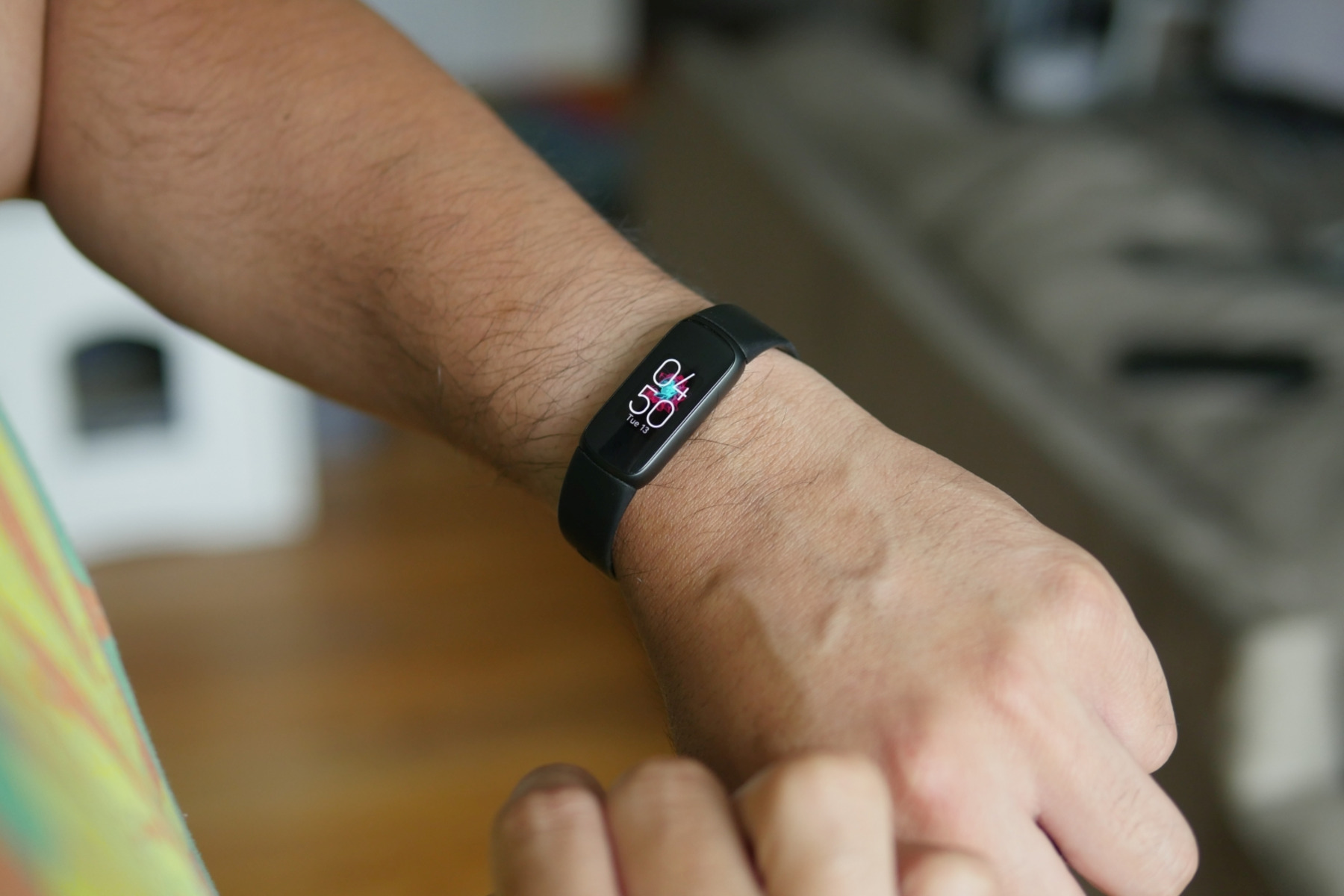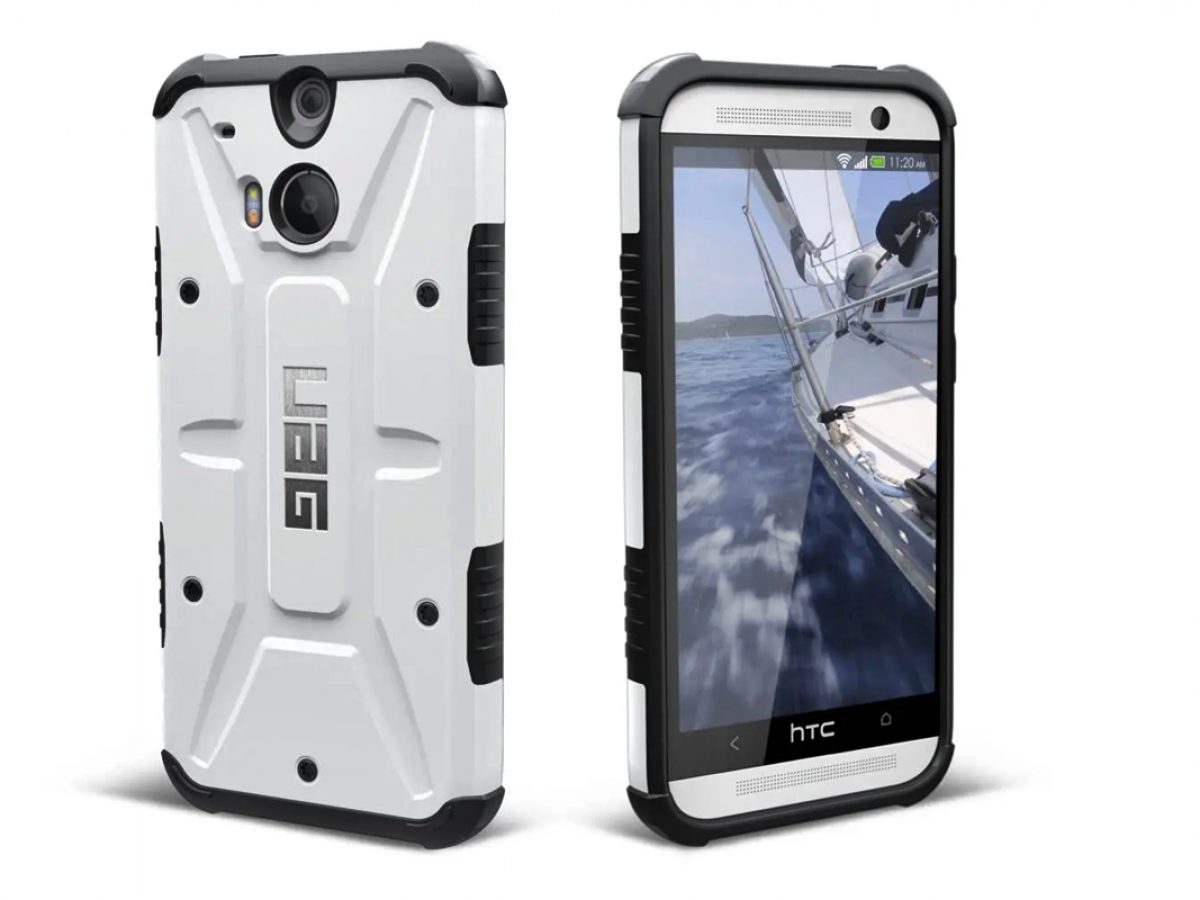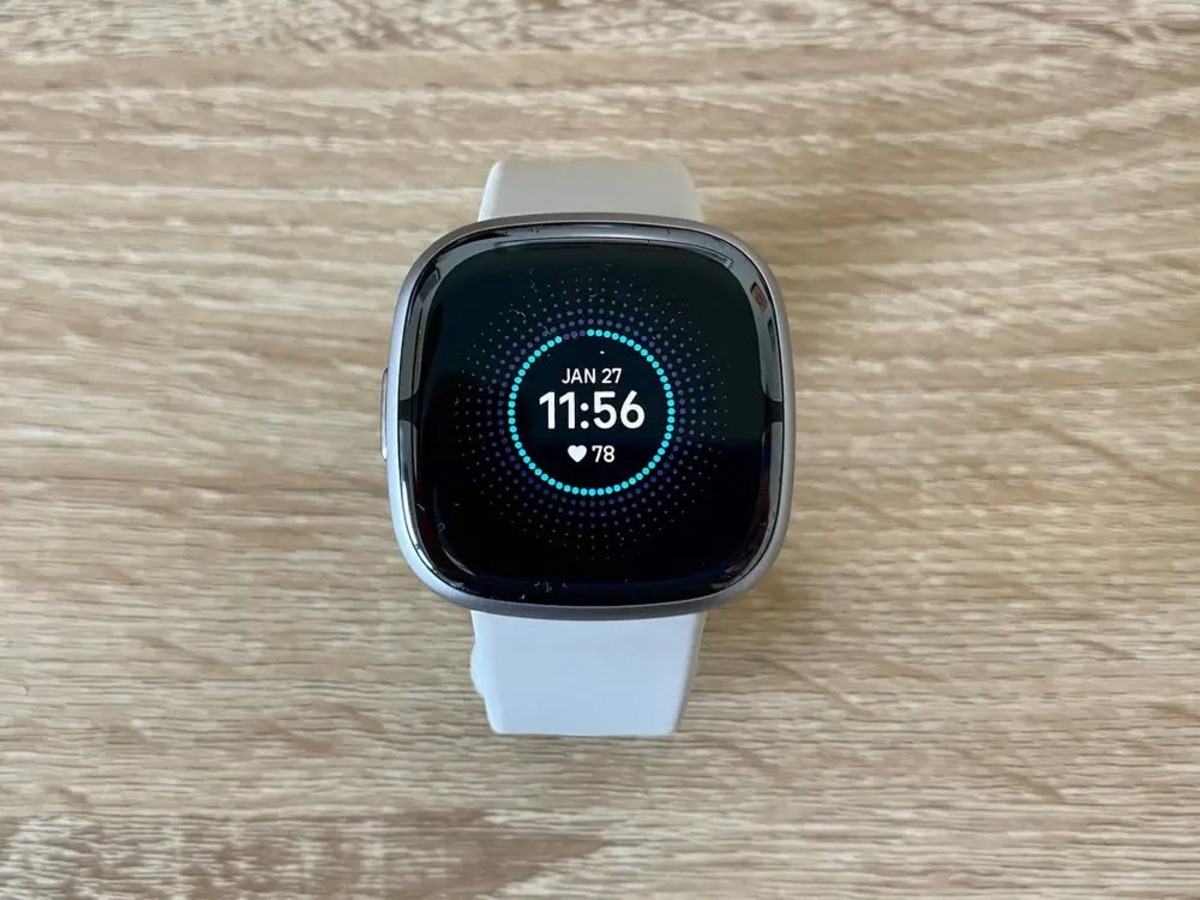Introduction
Are you considering getting a Fitbit or another fitness wearable but hesitant to make the investment? Fortunately, there are various avenues through which you can potentially acquire a fitness tracker at no cost. This article will explore several options that could allow you to obtain a Fitbit without spending a dime.
Whether you're looking to monitor your daily activity, track your workouts, or keep an eye on your overall health, a Fitbit can be a valuable tool. These devices are designed to seamlessly integrate into your lifestyle, providing insights into your physical activity, sleep patterns, and even heart rate. With the potential to motivate and inspire healthier habits, it's no wonder that fitness wearables have gained popularity in recent years.
In the following sections, we will delve into different avenues that could lead to obtaining a Fitbit for free. From health insurance incentives to corporate wellness programs, and from research studies to employer wellness initiatives, there are multiple opportunities to explore. By understanding these options, you can make an informed decision on how to obtain a Fitbit without incurring any expenses.
So, if you're eager to embark on your fitness journey with a wearable device but are hesitant about the cost, fear not. There are avenues available that could make it possible for you to acquire a Fitbit at no cost. Let's delve into these options and explore how you can obtain a fitness tracker without opening your wallet.
Option 1: Health Insurance Incentives
For individuals seeking to obtain a Fitbit at no cost, leveraging health insurance incentives can be an effective avenue. Many health insurance providers have recognized the value of promoting healthy lifestyles among their members and have consequently introduced programs that offer fitness wearables as incentives.
These incentives often come in the form of rewards for meeting specific health and fitness targets. By engaging in activities that contribute to improved health, such as meeting step goals, maintaining an active lifestyle, or participating in wellness programs, individuals can earn rewards that may include a Fitbit or other fitness tracker.
To take advantage of these incentives, it's essential to explore the offerings of your health insurance provider. Many insurers have dedicated wellness programs that not only promote healthy living but also provide tangible rewards for active participation. By actively engaging in these programs and meeting the specified criteria, individuals can earn incentives that may include a Fitbit.
Furthermore, some health insurance plans may offer reimbursements for fitness-related purchases, including fitness wearables. By submitting proof of purchase, policyholders may be eligible for partial or full reimbursement for the cost of a Fitbit, effectively making it a no-cost acquisition.
It's important to note that the availability of these incentives and programs may vary by insurance provider and plan. Therefore, it's advisable to thoroughly review the wellness initiatives and benefits offered by your health insurance provider to determine the eligibility criteria and the process for obtaining a fitness tracker.
By taking advantage of health insurance incentives, individuals can not only acquire a Fitbit at no cost but also benefit from the motivation and support provided by wellness programs. These initiatives align with the overarching goal of promoting healthier lifestyles and can serve as a valuable catalyst for individuals looking to embrace a more active and health-conscious way of living.
In summary, health insurance incentives present a compelling opportunity for individuals to obtain a Fitbit without incurring any expenses. By actively participating in wellness programs, meeting health targets, and exploring potential reimbursements, individuals can leverage their health insurance benefits to acquire a fitness tracker that can support and enhance their journey toward improved health and well-being.
Option 2: Corporate Wellness Programs
Corporate wellness programs have become increasingly prevalent in the modern workplace, with organizations recognizing the importance of prioritizing employee health and well-being. As part of these initiatives, many companies offer access to fitness wearables, including Fitbit devices, as a means of promoting and supporting employee wellness.
Participating in a corporate wellness program can present an opportunity to obtain a Fitbit at no cost. These programs are designed to encourage employees to adopt healthier lifestyles by providing resources, incentives, and support for various aspects of well-being, including physical activity and fitness tracking.
Employers often collaborate with fitness wearable providers to offer subsidized or complimentary devices to their employees as part of their wellness initiatives. By enrolling in a corporate wellness program, employees may have access to Fitbit devices at no cost or at a significantly reduced price, making it an attractive option for those seeking to acquire a fitness tracker without incurring expenses.
Furthermore, corporate wellness programs frequently incorporate challenges, competitions, and incentives tied to physical activity and fitness goals. Employees who actively participate and achieve specified targets may be eligible to receive a Fitbit or other fitness wearables as rewards for their dedication to improving their health and well-being.
These programs not only contribute to the physical health of employees but also foster a sense of community, camaraderie, and mutual support within the workplace. By engaging in wellness activities and challenges alongside colleagues, employees can experience a shared commitment to wellness, creating a positive and motivating environment for pursuing healthier habits.
It's important for employees to familiarize themselves with the details of their company's wellness program, including the specific offerings related to fitness wearables. By understanding the eligibility criteria, incentives, and available resources, employees can take full advantage of the opportunities presented by their employer's wellness initiatives.
In summary, corporate wellness programs serve as a valuable avenue for individuals to obtain a Fitbit at no cost. By participating in these programs, employees can access fitness wearables as part of their employer's commitment to promoting a healthy and active workforce. The integration of fitness trackers into corporate wellness initiatives not only supports individual health goals but also contributes to a culture of well-being and vitality within the workplace.
Option 3: Research Studies and Clinical Trials
Engaging in research studies and clinical trials presents a unique opportunity for individuals to potentially acquire a Fitbit at no cost while contributing to the advancement of scientific knowledge and healthcare innovation. Research institutions, academic centers, and healthcare organizations often conduct studies and trials that require participants to utilize fitness wearables for various research objectives.
Participating in these studies not only offers the possibility of obtaining a Fitbit without incurring expenses but also allows individuals to play a role in driving forward the understanding of health-related topics, ranging from physical activity patterns to chronic disease management.
Research studies and clinical trials that involve the use of fitness wearables may seek participants from diverse demographics, including individuals with specific health conditions, varying levels of physical activity, or distinct lifestyle factors. By volunteering to participate in these studies, individuals have the opportunity to contribute valuable data while potentially gaining access to a Fitbit as part of the research protocol.
These studies often provide participants with the necessary fitness wearable devices to monitor and track specific health metrics, physical activity levels, or sleep patterns. In some cases, participants may be allowed to retain the Fitbit device upon completion of the study, effectively acquiring the device at no cost.
Moreover, the insights gathered from these research studies and clinical trials can have far-reaching implications, influencing the development of innovative healthcare solutions, personalized wellness strategies, and evidence-based interventions. By actively engaging in these studies, participants contribute to the generation of data that can inform advancements in healthcare and potentially lead to improved health outcomes for individuals worldwide.
It's important for individuals interested in obtaining a Fitbit through research studies and clinical trials to explore opportunities within their local academic and healthcare communities. Research institutions, medical centers, and universities often publicize their ongoing studies and trials, providing information on eligibility criteria, study objectives, and the potential use of fitness wearables in the research protocols.
In summary, participating in research studies and clinical trials presents a compelling avenue for individuals to potentially acquire a Fitbit at no cost while contributing to the progression of health-related research. By engaging in these studies, individuals have the opportunity to play an active role in advancing scientific knowledge and may have the chance to retain a fitness wearable device as a valuable outcome of their participation in the research process.
Option 4: Employer Wellness Programs
Employer wellness programs have emerged as a cornerstone of modern workplace culture, reflecting a proactive approach to prioritizing employee health and well-being. These programs encompass a diverse range of initiatives aimed at fostering a culture of wellness within the organizational environment. An integral component of many employer wellness programs is the inclusion of fitness wearables, such as Fitbit devices, to support employees in their pursuit of healthier lifestyles.
Participating in an employer wellness program can offer employees the opportunity to obtain a Fitbit at no cost or at a subsidized rate. Employers often collaborate with fitness wearable providers to make these devices accessible to their workforce, recognizing the value of empowering employees to monitor and improve their physical activity and overall health. By integrating fitness wearables into their wellness programs, employers demonstrate a commitment to supporting their employees' well-being and fostering a culture of vitality and health consciousness in the workplace.
These wellness programs frequently incorporate challenges, competitions, and incentives that are linked to physical activity and fitness goals. Employees who actively engage in these initiatives and achieve specified targets may be eligible to receive a Fitbit or other fitness wearables as rewards for their dedication to enhancing their health and well-being. This approach not only motivates employees to prioritize physical activity but also cultivates a sense of camaraderie and shared commitment to wellness within the workplace.
Furthermore, the integration of Fitbit devices into employer wellness programs facilitates the tracking of individual and collective progress, enabling employees to monitor their activity levels, set goals, and celebrate achievements. This data-driven approach to wellness not only empowers employees to take charge of their health but also provides employers with valuable insights into the overall well-being of their workforce. By leveraging the data generated by fitness wearables, employers can tailor wellness initiatives, identify trends, and make informed decisions to further enhance the health and productivity of their employees.
Employees interested in acquiring a Fitbit through their employer's wellness program should familiarize themselves with the specific offerings and eligibility criteria. By actively participating in the wellness initiatives and taking advantage of the resources provided, employees can access fitness wearables as part of their employer's commitment to promoting a healthy and active workforce.
In essence, employer wellness programs serve as a compelling avenue for individuals to obtain a Fitbit at no cost or at a subsidized rate. By embracing these programs, employees not only gain access to valuable fitness resources but also contribute to a workplace culture that prioritizes health, vitality, and collective well-being.
Conclusion
In conclusion, the quest to obtain a Fitbit at no cost unveils a multitude of avenues that extend beyond traditional retail purchases. From leveraging health insurance incentives and participating in corporate wellness programs to engaging in research studies and clinical trials, as well as embracing employer wellness initiatives, individuals have access to diverse opportunities to acquire a Fitbit without incurring expenses.
The exploration of these options reveals a fundamental shift in the approach to obtaining fitness wearables, emphasizing the integration of health-conscious initiatives and collaborative partnerships to promote overall well-being. By tapping into health insurance incentives, individuals can not only acquire a Fitbit at no cost but also benefit from the motivation and support provided by wellness programs. The alignment of these incentives with the broader goal of fostering healthier lifestyles underscores the potential for individuals to embark on their fitness journey without financial barriers.
Similarly, the integration of fitness wearables into corporate wellness programs presents a compelling opportunity for employees to access Fitbit devices at no cost or at a subsidized rate. The emphasis on collective health and vitality within the workplace fosters an environment of mutual support, camaraderie, and shared commitment to wellness. Through these programs, employees not only gain access to valuable fitness resources but also contribute to a workplace culture that prioritizes health and well-being.
Participation in research studies and clinical trials offers a unique pathway to potentially acquire a Fitbit at no cost while contributing to the advancement of scientific knowledge and healthcare innovation. The dual impact of participating in these initiatives, both in terms of potential device acquisition and the advancement of research, underscores the far-reaching implications of engaging in health-related studies.
Furthermore, the embrace of Fitbit devices within employer wellness programs signifies a concerted effort to empower employees to monitor and enhance their physical activity and overall health. By integrating fitness wearables into these programs, employers demonstrate a commitment to supporting their employees' well-being and fostering a culture of vitality and health consciousness in the workplace.
In essence, the pursuit of obtaining a Fitbit at no cost transcends mere acquisition, reflecting a collective commitment to promoting healthier lifestyles, advancing scientific knowledge, and fostering a culture of well-being within diverse settings. By exploring and embracing these avenues, individuals can not only obtain a Fitbit without financial constraints but also contribute to a broader narrative of health, wellness, and vitality.
























